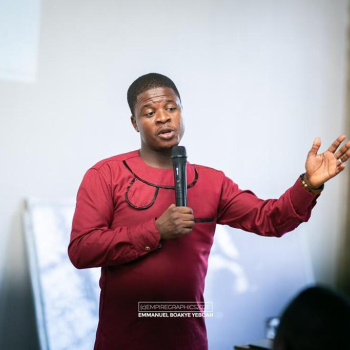The Middle Ground of Curriculum: History Teachers’ Experiences in Ghanaian Senior High Schools

| 0244726002 | |
| skapau@uew.edu.gh | |
| Download CV |
The Middle Ground of Curriculum: History Teachers’ Experiences in Ghanaian Senior High Schools
This study explores Ghanaian history teachers’ experiences of the "middle ground of curriculum; a crucial stage of curriculum negotiation and a process, according to Harris (2002), that includes what “teachers individually and collectively perceived and enacted. . . prior to classroom implementation” The study employed the concurrent parallel design (Quan-qual). The researchers collected quantitative data from sixty history teachers in Cape Coast Metropolis through the census method. Six teachers were randomly selected from the sixty to participate in the qualitative phase of the study. The quantitative data was analysed descriptively (means and standard deviations) while the qualitative data was analysed based on emerging themes. The findings revealed that the history departments through departmental relation, subject conceptualisation and governance influence the ways in which teachers negotiate the formal curriculum prior to teaching. More specifically, the study established the interaction of these variables that shape history teachers’ decision-making on the middle ground of the curriculum. The study, therefore, showed that the internalisation of curriculum change is a dynamic process that is evidenced at all levels of curriculum change – the high ground, middle ground of the curriculum, and lower ground.
